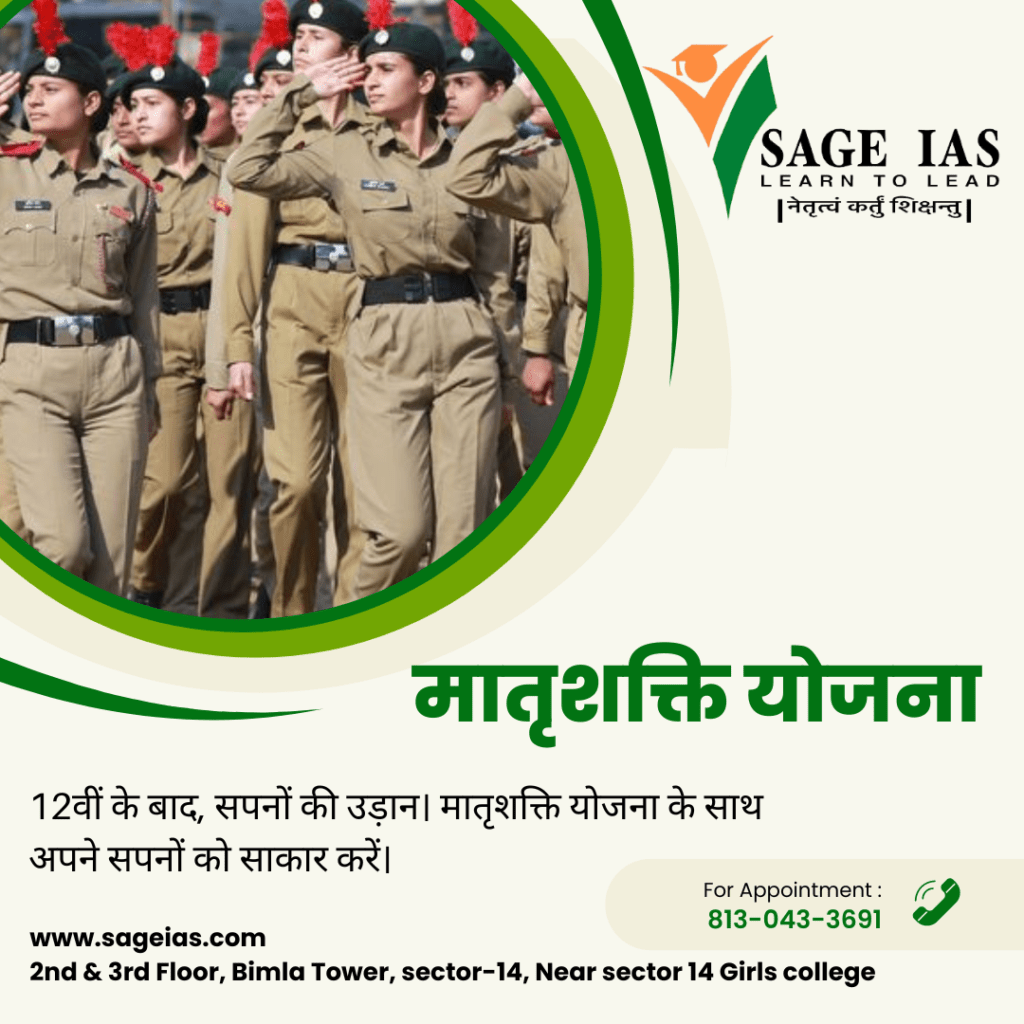
The preparation for an aspirant is generally found to be smooth in the early stages when his study is largely about reading the books related to specific subjects (Static part). However a large part of the General Studies syllabus is the Current Affairs, which for the last few years had widened its ambit. This part of the syllabus can only be covered by the magazines, which helps a student in not only updating himself, but also to fit into his basic concepts in the current scenario.
Below is the list of few standard magazines one should subscribe, to have an effective preparation regimen. Do not read the magazines from cover to cover. Only a few of the articles need to be read in detail while the majority of the articles should be read without underlining them (by pen or pencil, as it’s a general habit), instead noting down the very important information in a notebook. Many of the articles should not be read at all. The judgement of which one to read and which one to leave comes with time.(The Coaching Adda will publish a separate article on this).
1. Newspaper- The Hindu newspaper is considered as the bible of UPSC preparation. It is free of the populist news, unnecessary coverage of the entertainment industry (unnecessary for an UPSC aspirant) and covers social issues in great detail. Apart from it, The Indian Express is also useful in preparation. Apart from being an informative newspaper, it covers International news in greater details and covers more versatile topics (it’s the personal observation of the author of the article and one may not agree).
2. Yojana- It’s the most read magazine by the aspirants. Yojana is a ‘development journal’ published by The Government of India. The articles are about the issues of social and economic importance. Although a Government publication, it critically examines the policies and their implementation. The special issues of Yojana are very important and must be read in detail, eg issue on rural credit, disaster management etc.
3. Kurukshetra- Its introduction says, ‘a journal on rural development’ published by Government of India. The emphasis of the articles is on rural development. The policies of government affecting rural areas, the technologies introduced for rural development, etc. As the title suggests, it’s a specific magazine and must not be read from cover to cover. After going through a few issues, a student will generate the sense of which articles to read and which to skip.
4. Economic and Political Weekly- A weekly magazine covering everything one needs to know in the field of Economics and Polity. However, the size of the magazine and its weekly arrival makes it practically impossible to cover. One should only subscribe it in advanced stages of the preparation, when all the basic books are covered by him.
5. Frontline- It’s a fortnightly magazine for general readers and covers the issues of general interests, unlike the scholarly magazines like ‘Economic and Political Weekly’. It helps students to get in touch with the news in detail and in the extra academic way. This integrates his academic concepts with his surroundings.
6. Apart from above magazines, one magazine specifically for UPSC preparation should be subscribed. This will give the finishing touch to your preparation and above all the much needed confidence, that you are not only pursuing a realist methodology but are also on par with other students. There are many such magazines like Pratiyogita Darpan, Competition Wizard, Civil Services Chronicles, Civil Services Times etc.
One need not to read all the magazines and newspaper mentioned above, due to constraints of time and the limits of the human body. The student can go through them for a week or two and select which he feels are appropriate for him.
One should make notes from the above listed newspapers and magazines, as the enormity of the syllabus makes it impossible for one to remember even a tenth of what he reads. In absence of this habit all the efforts of reading will go in vain.
